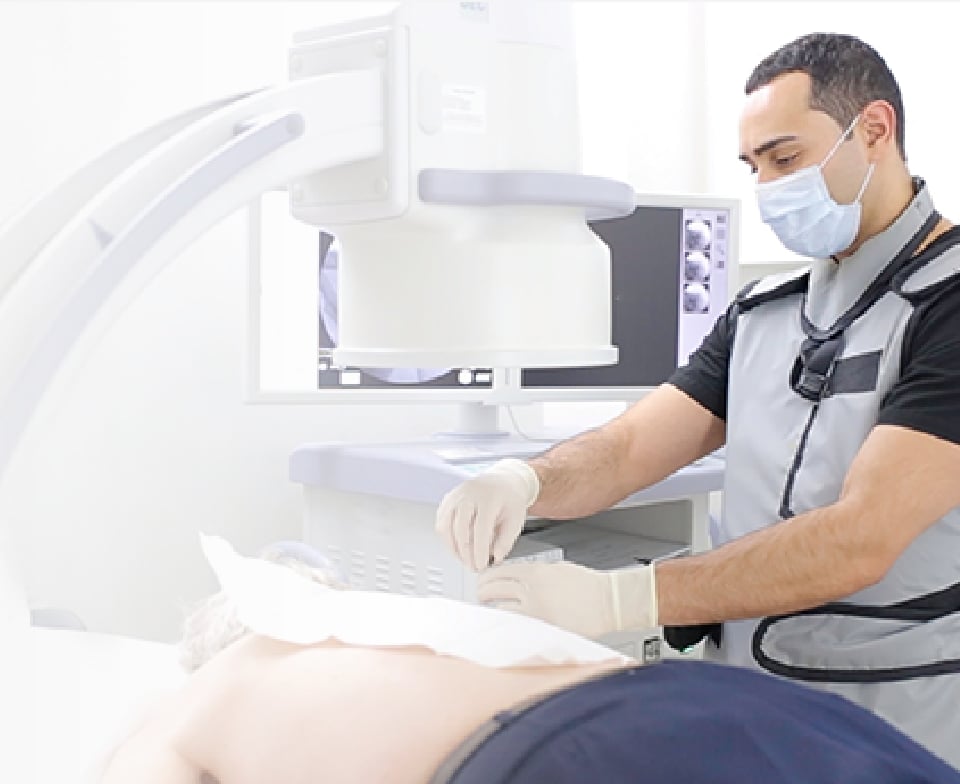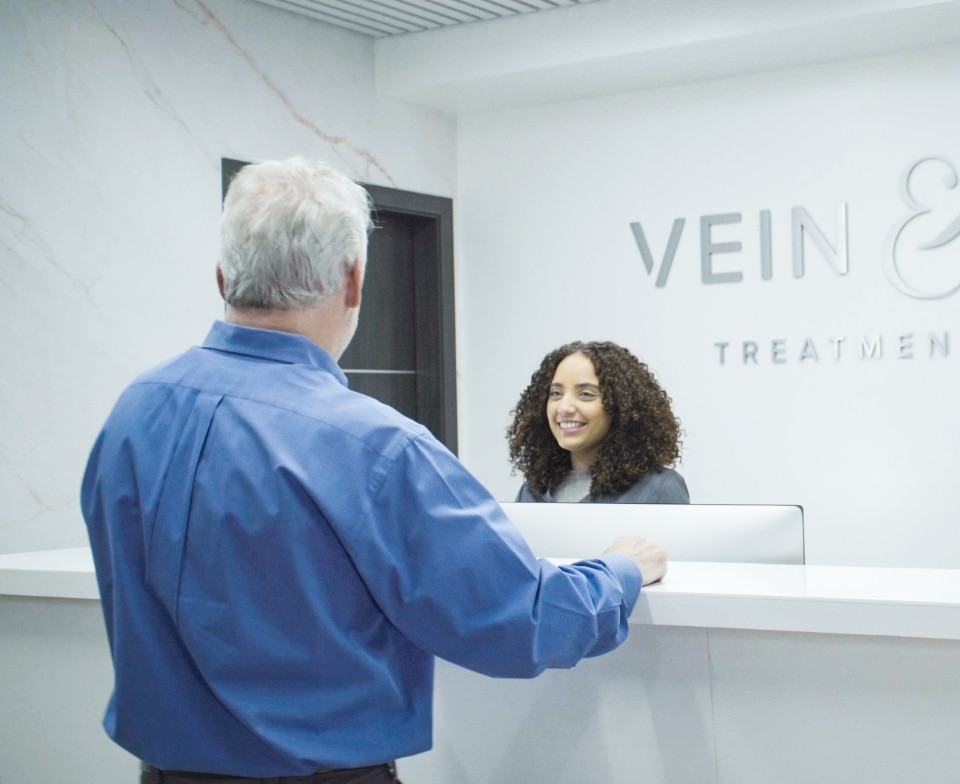Spinal Pain: How To Get Relief?
Spinal pain in the lower back (lumbar region) and neck (cervical region) are very common among people now. Basically, lumbar muscle strains and sprains are the main causes of low back or spinal pain. People may experience pain in the thoracic region. Since it is much more rigid, the thoracic spinal area is much less frequently injured than the lumbar and cervical spine. Such conditions require treatment at Spine Center.
The lumbar and cervical spine are more likely strain as it has to bear the body weight along with the involvement in moving, twisting, and bending. A lumbar muscle strain may arise when muscle fibers are strained or ripped. Additionally, a lumbar sprain generates when the tough bands of tissue( hold bones together) are unusually stretched. The main cause of such types of conditions is a sudden injury or the gradual overuse of the ligaments. Get the treatment at Spine Center Nj.

If the lumbar spine is strained or stretched, the ligament’s soft tissue becomes inflamed. The inflammation may cause pain resulting in muscle spasms. However, the lumbar strain or sprain may not be so severe requiring neurosurgical attention. If the pain is too severe to handle, get the treatment at Spine Center New Jersey.
Risk factors causing spinal pain include:
Age over 40
- Overweight
- Smoking
- A job that involves heavy lifting
- Sedentary lifestyle
- Over-exercising
- Excess consumption of carbonated beverages
- Spine Pain Risk Reduction
Obviously, one cannot change their age, but the back is much simpler and the cushioning discs are able to tolerate a lot more when it is younger. In addition, tumors, infection, injury, and abnormal spine conditions will have special considerations regarding spine pain. Using the back in moderation is the key to a good healthy back - too much rest or too much exercise can cause or exacerbate spine pain. The muscles and ligaments that support the spine will do a better job if you do some specific exercises for making them stronger.
Diagnosis:
The diagnosis is essential only when the patients experience the pain for more than two weeks and it has not improved as expected. But if the patients experience extreme pain it becomes important to find out the underlying causes such as undetected spinal disc injury. If the pain is persistent, the doctor may prescribe some tests such as
- X-ray- to search out the potential causes of the pain.
- Magnetic resonance imaging (MRI)- technique to capture 3D images of the affected area using powerful magnets and computer technology. It helps to detect tumors and enlargement, degeneration in the spinal cord, nerve roots, and the surrounding areas.
- CT scan with 3-D reconstruction —displays boney detail adequately and can also show soft tissue and nerves.
- Electromyography or nerve conduction velocity testing — EMG/NCV neurophysiologic test nerves to localize the site of compression or other neural pathology.

Treatment
Non-surgical:
Strains, sprains, and neural compression caused by disc herniations can be cured with bed rest for a few days. But the rest should not be longer than two or three days as it can cause muscle stiffness. Such conditions may exaggerate the pain and discomfort and loss of muscle strength. Initially, doctors recommend muscle relaxants and narcotic medication for pain ranging from mild to moderate.
The specialist may suggest exercise-based recuperation. The therapist will perform a top to bottom assessment, associated with the specialist's analysis. This will help direct a treatment explicitly intended for patients with spinal pain. Treatment may incorporate pelvic traction, gentle massage, ice and heat therapy, ultrasound, electrical muscle stimulation, and extending works out.
There are also surgical procedures if the patients have a diseased or herniated cervical or lumbar disc. Such cases may require Lumbar disc arthroplasty, Cervical disc herniation, and arthroplasty, Cervical Discectomy, Lumbar Discectomy.
Comments
Post a Comment